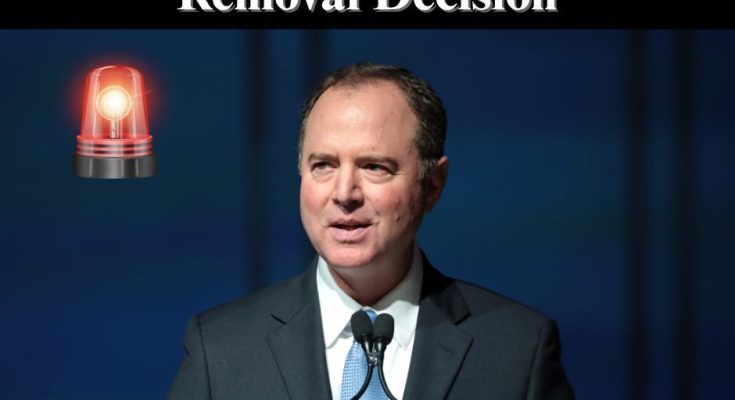California Democratic Sen. Adam Schiff expressed frustration over the Democratic Party’s lack of a “coordinated response” to President Donald Trump.
“I think the lack of a coordinated response in the State of the Union was a mistake, and frankly, it took the focus off of where it should have been, which is on the fact that the president spoke for an hour and 40 minutes and had nothing to say about what he would do to bring down costs for American families that were watching that lengthy address, sitting at the kitchen table hoping he would offer something to help them afford a new home or pay their rent, afford health care, or afford child care,” Schiff said during an interview with ABC’s Jonathan Karl.
The lawmaker addressed the critiques by Pennsylvania Democratic Sen. John Fetterman, where he called the Democrats’ situation “a sad cavalcade of self-owns and unhinged petulance.”
“They’re destroying the economy, and they’re making it harder and harder for Americans to afford things. That’s where we need to keep the focus, that’s why we lost the last election, because we weren’t laser-focused on the high cost of living and what they’re doing now is just making it so much worse,” Schiff claimed — falsely, according to the most recent economic data.
Karl also asked Schiff how the Democratic Party should respond to the president. The ABC News host specifically referenced Democratic strategist James Carville, who has suggested that the party should “play dead” and consider a strategic political retreat.
Schiff said he disagreed with that approach and added that his party needed their “own broad, bold agenda to improve the economic well-being of Americans,” though he didn’t explain why Democrats under Biden didn’t adopt better economic policies to achieve just that.
“We need to be advancing policies and making the arguments about what we have to offer, not simply standing back and letting them collapse under their own corrupt weight. To me, that’s not enough. We need to effectively use litigation as we are. We need to effectively use communication to talk to new people in new ways, as we are,” he added.
Other left-wing members of Congress have also rejected Carville’s suggestion, including Sen. Bernie Sanders, I-VT., and said, “In fact, the problem is the Democrats have been playing dead for too many years.”
Fetterman took to social media to criticize the responses to Trump’s speech to a joint session of Congress last week.
“A sad cavalcade of self-owns and unhinged petulance. It only makes Trump look more presidential and restrained. We’re becoming the metaphorical car alarms that nobody pays attention to—and it may not be the winning message,” the senator wrote in a post on X.
This comes as President Trump’s and Republicans’ approval ratings have risen to near-record levels, despite several days of outrage from Democrats, establishment Republicans, and mainstream media outlets over the president’s ambitious trade changes.
Republicans have regained a clear advantage over Democrats on the two issues voters care about most: the economy (R+8) and inflation (R+6), according to the latest polling.
Just last month, amid heightened tariff tensions, a Napolitan News Survey showed Democrats closing the gap—pulling even with Republicans on the economy (R+1) and even leading slightly on inflation (D+4). But this month’s numbers mark a return to the broader trend seen earlier in the year, when Republicans held double-digit leads on both issues (R+10 on the economy in January and February; R+11 and R+9 on inflation in February and January, respectively), the Napolitan News Service reported.
The rebound in Republican trust appears tied to positive voter response to President Donald Trump’s recent trade deal with China and rising economic optimism. Inflation (29%) and the economy (25%) continue to rank as the top issues for voters.
Immigration and health care are tied as the third most important issues, each named by 12% of voters. Republicans hold a commanding lead on immigration (R+16), while Democrats are more trusted on health care (D+12).
Overall, on the issue voters care most about, 42% trust Republicans more, 41% trust Democrats, 6% trust both equally, and 10% trust neither, the news service noted.



